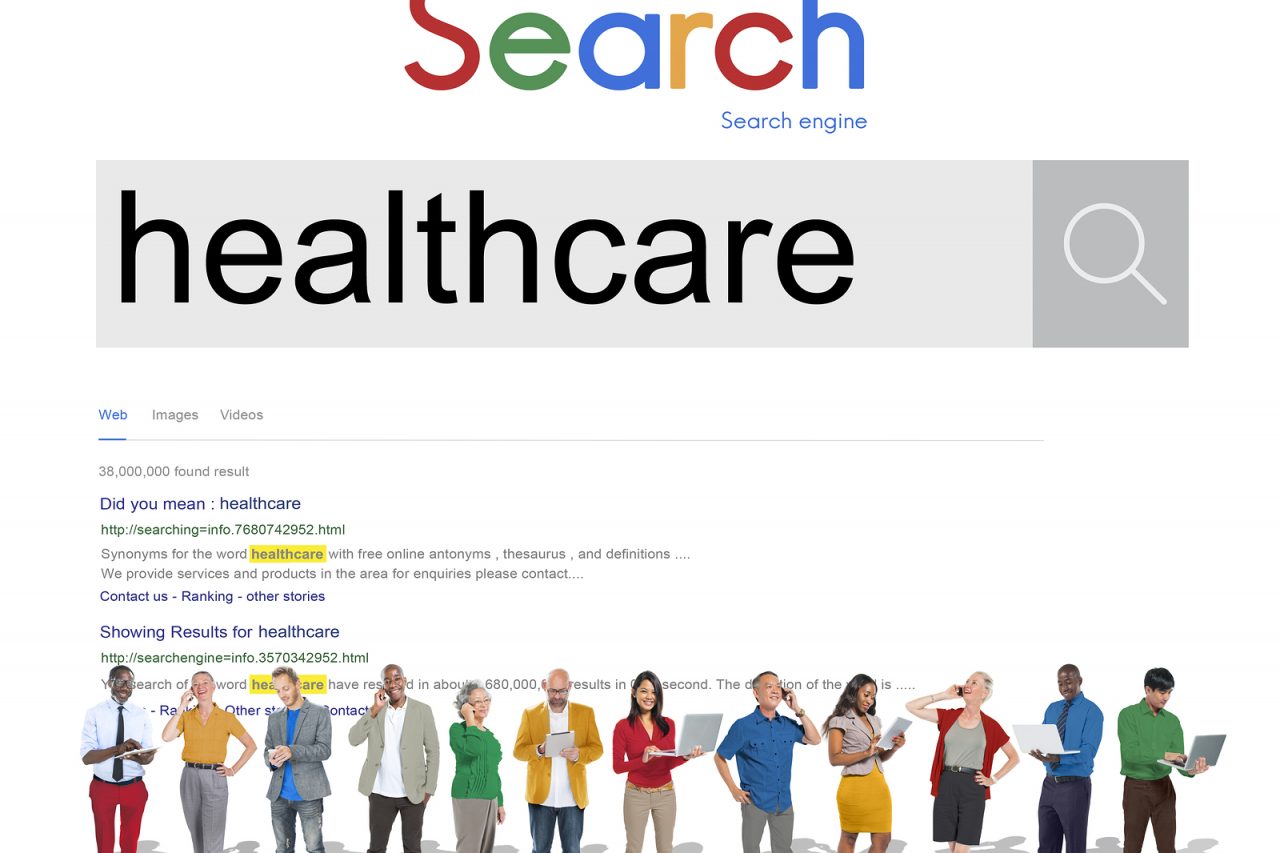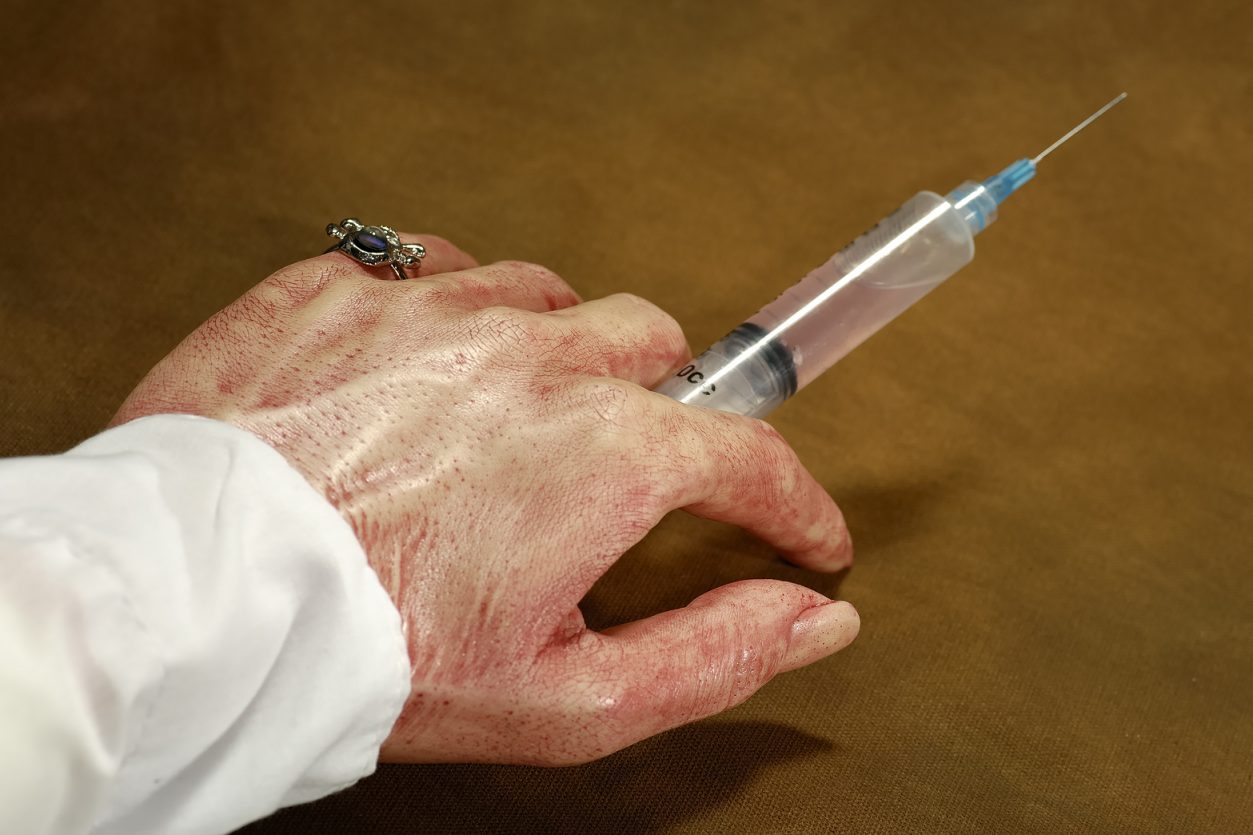America is one of the sickest places on earth. We have the best diabetic care, but the most diabetes. First-rate cardiac care, but we are obese, hypertensive, inactive, and have high rates of heart disease. We are the world’s standard for cancer technology, innovation and access, but we have high cancer rates even while we waste most of the money from cigarette taxes on road repairs. At every socioeconomic level, we are sicker than other “modern” nations. We spend the most, get the least and die first. Home of the free, the brave, the sick … come to America for the most sophisticated medical care anywhere … you are going to need it.
As revealed in Bradley & Taylor’s groundbreaking book, The American Health Care Paradox, in comparison to most industrialized nations, we have a failing health system. We have a “fix-it-when-it-breaks” motto, instead of preventative intent. We spend the least on support for seniors, disability and sickness cash supports, health education, nutritional programs, family programs, housing, environmental standards and social services. We have the most infants living in poverty. In our never-ending search for individual freedom and profit, we neglect population health and focus on disease. Americans ignore the individual until he or she is so sick that we all to pay for it.
Infinite dollars, scientific innovation, health insurance reform, and educating more doctors, will not fix our dysfunctional “system.” Only a prime focus on health, not disease, can do that. Perhaps the hospice model of care offers lessons toward a solution. No, I do not mean “give up” and put everyone on terminal care, but rather we can learn from the basic structure and concepts of palliative and end-of-life care.
Hospice begins with realistic and appropriate education. Practitioners believe that patients and families adequately and fully informed about their choices will make the best decisions. An empowered and educated patient will accept natural limits and focus on quality life and goals.
Next, hospice uses a team approach; it is coordinated system of care. Unlike physician centric American medicine, palliative care believes that so many changes happen in life that a single visit to the doctor for 10 minutes every three weeks focused on the diagnosis is grossly insufficient. Therefore, hospice use nurses, social workers, pharmacists, doctors, clergy and lay personnel as a team to address the complexity of real life, near its end. This model gives the patient independence by access to a broad range of critical services in a holistic approach to life and wellness, instead of a focus on sickness.
Finally, hospice believes that rational, realistic and optimal choice is often low tech, low cost and high benefit. Quality of care can be achieved by optimizing health, responsible nutrition, being in the home instead of a medical institution, a positive social environment, limiting depression, controlling disabling symptoms and avoiding invasive complex technology. The palliative care approach to support and health can extend life and quality at greatly reduced cost.
This systemic model; high education and personal empowerment, a team of health providers of many specialties, improvement in quality, cost and outcomes through a rational, practical and realistic approach to choice and goals, has a great deal to offer. While not perfect, hospice has shown over the last 40 years, in contrast to most of the health care industry, that it can deliver gentle, quality and life extending care at low cost, in a compassionate manner.
Perhaps the next health paradox will be that those who dedicate their lives to providing holistic end-of-life care for patients with diseases our society did not prevent, can guide America toward a path to prevent illness in the first place.







13 Comments